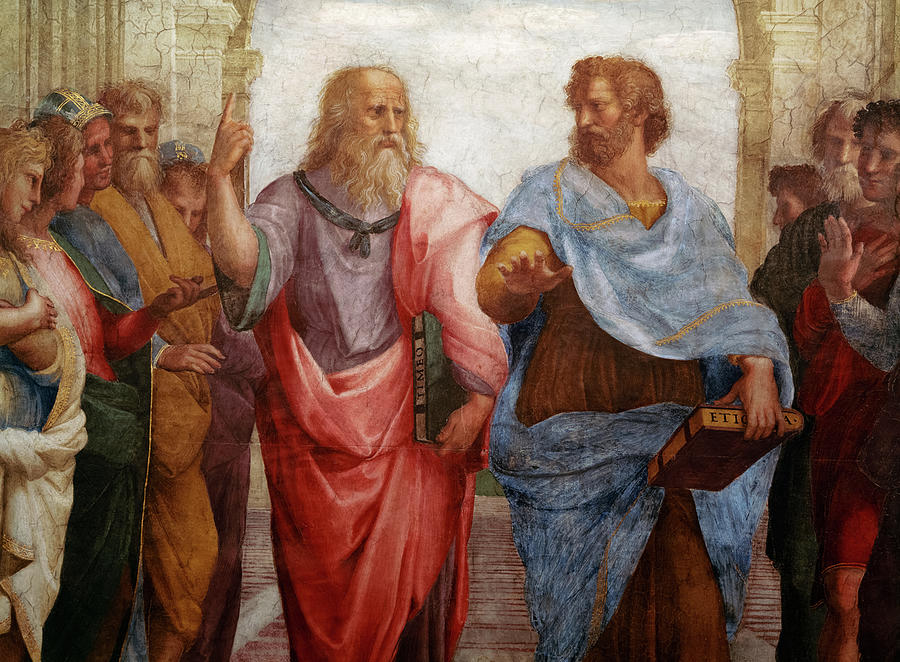A Tour of "The Good"
For the vast majority of my life, I had heard the phrase “the good” in generic and ambiguous contexts—never feeling invited to delve into these two simple words beyond their surface etymology. This past summer, that exploratory invitation finally arrived. I will write more about my college experience in the future—but, needing to fill a humanities elective, I opted for a Humanities 101 class, thinking it would be easy, low effort summer credits. This class ended up elevating my expectations of a college course, and one of the many ways it was a paradigm shift for me was in the exploration of this ancient question: "What is 'the good?'"
At its surface, “good” summons associations with concepts like respect, desirability, “not bad”, eliciting pleasure, wholesomeness, arbitrary value judgements, etc. It has historically been a pretty ambiguous and subtle yet blunt adjective that I’ve deployed when I’ve felt a bit lexically dull. The preceding word in the phrase—“the”—is so ubiquitious in communication that it often feels invisible and taken for granted. Glued together, “the” and “good” seem to be an incomplete thought. Even if we assume “good” is not merely an adjective, it still dwells in ambiguity. Let’s now begin unpacking the deep history of “the good” that we all share—and let’s start with a story about comic books.
 The School of Athens (cropped) by Raphael circa 1509. Plato (left) and Aristotle (right). More information on Wikipedia.
The School of Athens (cropped) by Raphael circa 1509. Plato (left) and Aristotle (right). More information on Wikipedia.
When I was about eight or nine years old, I had a good friend named Kai. I was friends with Kai for a few years, and one day our friendship ended abruptly. I had recently purchased a comic book for a few bucks, and then turned around and sold it to Kai for double what I paid for it, and I knew I made out good on the deal. There was no guilt felt by me at the time—but I do remember the message on the answering machine later that night: “Hey Jimmy, it’s Kai. You left the price tag on the wrapper for the comic book. You ripped me off… I thought we were friends.” This hit me like a truck—and without knowing it, I had just confronted “the good” in a very visceral way. I suspect we all have moments like these in our personal histories, and they tend to be punctuated with a form of inner collision with our intuitive sense of the good. A question that might be worth pondering as we continue: What's the relationship between 'the good' and intuition? Let’s attempt to enter this conversation and see what we can pull from thousands of years worth of ideas around “the good.”
Something that I want to emphasize prior to continuing: I am incredibly naive when it comes to these thinkers. While I am actively studying many of the ideas that will be discussed below, I have barely taken my first steps. Part of my studying and learning is writing this essay. In that spirit, if you happen to stumble on this essay and know more than I do, please reach out to me, and help me understand. My curiosity needs companions.
I have decided to break up this essay into a series of essays that I will compose over time. Here are all the essays for each thinker:
- A Tour of "The Good"
- Plato's Form of The Good